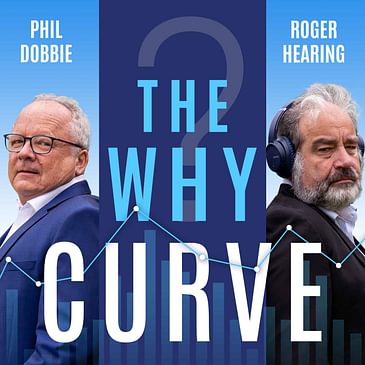We all need a holiday right now, somewhere drier and hotter than Britain. But do our favourite resorts want US? Protesters fire water pistols at visitors in Barcelona, thousands turn out in Tenerife to tell holidaymakers to go home. Tourists, they say, force up prices, clog the streets and destroy t...

